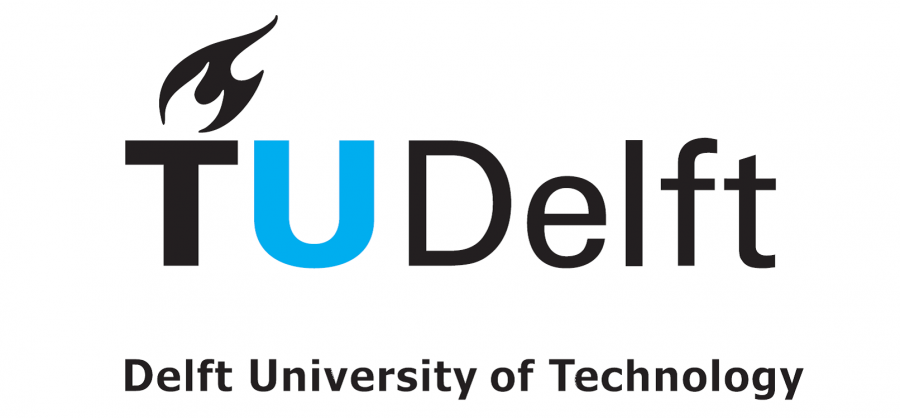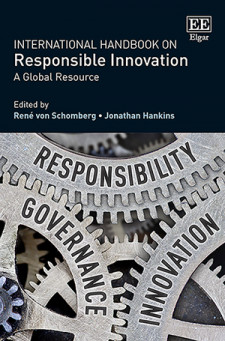
The first part of this introductory course looks at chapter 1 of the book Responsible Innovation, a Narrative Approach, free to download here. These posts offer a guide to the book, a kind of online lecture series. The questions raised in the book relate to the development of new technologies, from the governance perspective but also from the perspective of those working within various research and development projects.
Responsible Innovation, an Overview
The aim of this week’s post is to introduce the concept of responsible innovation and some definitions that we find in use today, look at the aims and goals proposed and the backgrounds (both political and academic) that allowed the development of the concept and the definitions.
We can understand responsible innovation as having the goal of managing the development of technology while it is still possible to do so, so at its early stages of development. It grows out of a tradition of technology assessment, a process put into place (often by governments) whose aim is to assess new technologies before they come to the marketplace in order to address possible risks and suitability for introduction.
Responsible innovation adds an idea to this approach: Rather than just looking at risk and suitability it proposes the idea that innovation could be steered towards public good. So it should have public good as a goal, as well as not being risky etc.
In order to be able to do this there must be a possibility of developing and adapting the development process. In its design stage it should take into account this goal and aim at resolving pressing public issues. To do this though the process must be flexible and steerable. This brings into discussion when in the process these things can be done, presenting us with a dilemma: If the intervention comes too late, the development process will be fixed and difficult to change, but in the very earliest stages it may not be possible to see how the developments will be used. In the one case change is difficult to bring, in the other it may be difficult to determine what we are actually dealing with.
Nanotechnology development offers an easy to understand example, and it has been a driver in the thinking process. But in general terms we can see the move to responsible innovation one from assessment of technology to the management of its development.
This has been implemented here in Europe by the European Commission and various other UK Research Funding bodies. In order to get a more precise idea of what we are dealing with, we need some form of definition .
Definitions in Common Use
As we are dealing with a new and emerging field, there are several definitions in use today. We start with the most widely used, that of René von Schomberg, who describes responsible innovation as:
a transparent, interactive process by which societal actors and innovators become mutually responsive to each other with a view to the (ethical) acceptability, sustainability and societal desirability of the innovation process and its marketable products (in order to allow a proper embedding of scientific and technological advances in our society).
This definition has been influential within the European Commission as von Schomberg works within the Directorate General for Research and Innovation. The Commission has also published various papers and its own variations, links to which you can find in the book.
The definition here refers to several of these EU documents, and is drawn from an understanding of the actual treaties and agreements that make up membership of the European Union and have been agreed by the nation states (the Treaty of Rome and Lund declaration for example). It uses what von Schomberg calls normative anchor points that can steer towards positive benefits.
The second most widely used definition comes from Stilgoe, Owen & MacNaghten. This definition comes from a research council background, and was devised based upon public debate on science and technology in the UK:
Responsible research and innovation means taking collective care for the future, through stewardship of innovation in the present
This definition comes from an article that describes the idea in more detail, a description of which is in the chapter. The definition is based on an idea of science for society, and has 4 dimensions that have become fundamental for responsible innovation. It should be:
anticipatory (describing and analysing both intended and potentially unintended impacts); reflective (on underlying purposes, motivations and potential impacts); deliberative (inclusively opening up visions, purposes, questions and dilemmas); responsive (a collective reflexivity process sets innovation direction and influences its trajectory)
These ideas have led to a lot of public involvement at early stages in development processes.
Van den Hoven offers a vision of the role of design (read more in the book) describing the process as one of moral overload: How can you design something that is user-friendly, secure, cheap, durable, environmentally friendly, stylish and saleable at the same time?
There are several other definitions in the book too, from different backgrounds and which use different language. I think that’s enough for today though.
It’s not a complicated subject. It’s a question. Could innovation work better for society, and if so how do we get it to do so?

